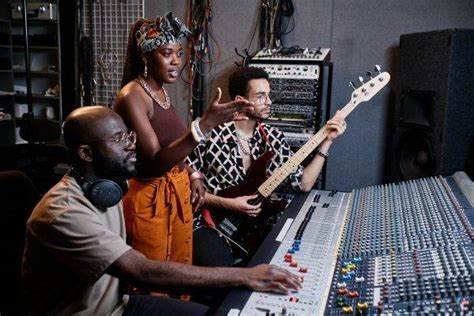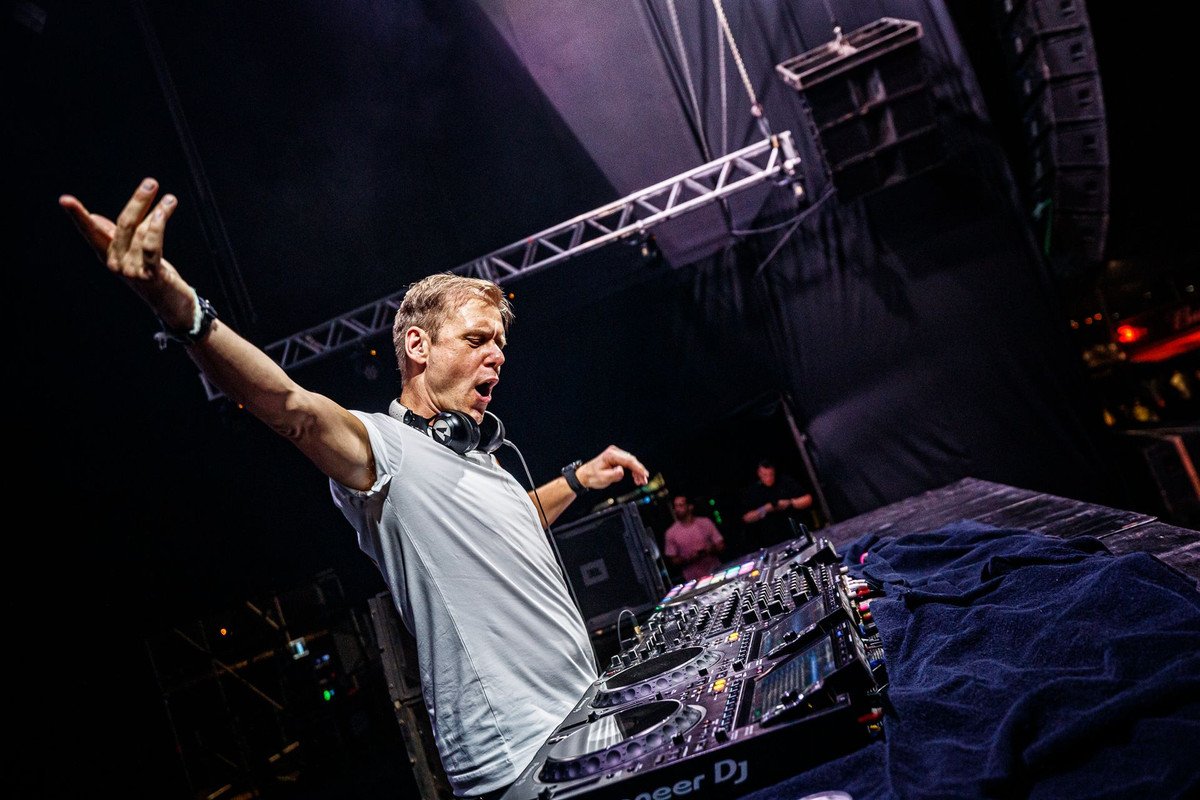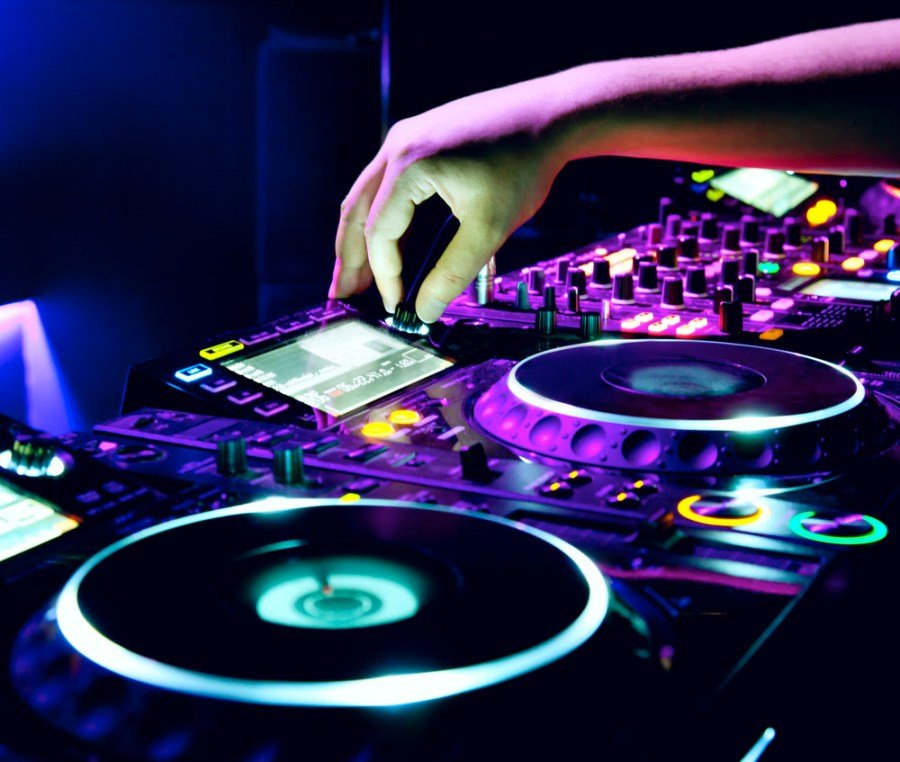In the world of electronic music, the relationship between DJs and record labels is both essential and dynamic. DJs are not only performers and tastemakers but also key players in the success of record labels, and record labels provide the infrastructure and support for DJs to expand their influence. Together, they create an ecosystem that drives the EDM industry forward, shaping the sound of the genre and ensuring its continued growth.
The Role of Record Labels in the DJ World
Record labels are the backbone of the music industry, and their relationship with DJs is crucial to the promotion and distribution of music. Labels provide the resources that allow DJs to focus on their craft, offering financial support, marketing, and access to a broader audience. In turn, DJs bring talent and creativity to the labels, helping to develop a unique sound that resonates with fans.
- Music Distribution and Promotion: Record labels handle the distribution of a DJ’s music, ensuring that tracks reach a global audience through streaming platforms, physical sales, and digital downloads. Labels also provide the marketing expertise needed to promote a DJ’s releases, including organizing press campaigns, social media promotion, and scheduling interviews. Without this support, even the most talented DJ would struggle to reach a wide audience.
- A&R (Artist and Repertoire) Support: Record labels often have a dedicated A&R team that works closely with DJs to help them refine their sound, find collaborators, and produce high-quality music. This support can be invaluable for DJs, as A&R teams bring industry knowledge and experience, helping DJs navigate the competitive world of electronic music. Through these relationships, DJs can ensure their music stands out in an overcrowded marketplace.
DJs as Tastemakers for Record Labels
In many ways, DJs are the gatekeepers of EDM culture. They are the ones who shape trends, influence the direction of the genre, and set the tone for the music that will dominate the scene. As such, they play a vital role in the success of record labels, acting as tastemakers who guide the label’s musical direction.
- Selecting and Promoting New Talent: DJs often work with record labels to discover and promote new talent. Their influence can make or break an artist’s career, as a DJ’s endorsement of an up-and-coming producer or DJ can instantly boost the artist’s visibility. Labels trust DJs to identify fresh sounds and new talent that aligns with current trends and fits the brand’s image. This collaboration fosters a symbiotic relationship where both DJs and labels benefit from the success of new artists.
- Influencing the Sound of the Label: DJs are often directly involved in shaping the overall sound and identity of a record label. For example, many top DJs have their own labels, such as Skrillex with Owsla or Diplo with Mad Decent. These labels reflect the DJ’s musical tastes, and the artists signed to them are often chosen based on their compatibility with the DJ’s style. In this way, DJs act as the curators of their labels, ensuring that the music released aligns with their artistic vision.
Collaborations Between DJs and Record Labels
The collaboration between DJs and record labels goes beyond simply releasing music. Many DJs sign exclusive contracts with record labels that allow them to work on various projects together, including album releases, remixes, and live events.
- Exclusive Contracts and Releases: Exclusive contracts between DJs and record labels often result in the DJ releasing a series of tracks, albums, or remixes exclusively through that label. These deals ensure that the label maintains a strong connection with the DJ and that the DJ’s music is only associated with one label. These exclusivities can lead to long-term partnerships and increased recognition for both the DJ and the label.
- Remixes and Bootlegs: Many record labels work closely with DJs to produce remixes of existing tracks. These remixes can offer a fresh perspective on a popular song and introduce it to a new audience. DJ-produced remixes are a staple of EDM culture, and labels rely on DJs to provide unique, cutting-edge remixes that resonate with fans and drive sales.
- Co-Producing Tracks: DJs frequently collaborate with record labels to co-produce tracks, bringing their musical vision and production expertise to the table. These collaborations result in new releases that often become anthems within the EDM community. Working with a label’s production team gives DJs access to high-quality recording equipment, professional engineers, and industry insights that help them create the best possible version of their music.
The Business Side: Revenue, Royalties, and Branding
The business relationship between DJs and record labels is not only about music but also about financials. Both parties rely on one another for revenue generation and brand building, with a focus on maximizing exposure and sales.
- Revenue and Royalties: When a DJ signs a deal with a record label, the financial arrangements typically include revenue-sharing from sales, streaming, licensing, and performance royalties. Labels handle much of the distribution and promotion, while DJs receive a portion of the income generated by their music. These royalties can be a significant source of income for DJs, especially when they sign high-profile deals with major labels.
- Branding and Merchandising: Record labels often assist DJs in developing their brand, which extends beyond music to merchandise, public appearances, and collaborations with other companies. By helping DJs create a strong, recognizable brand, record labels provide additional revenue streams and ensure the DJ remains relevant in an ever-evolving industry. Through strategic branding, DJs can build a loyal fan base that extends beyond their music.
Challenges and Opportunities in the DJ-Label Relationship
While the relationship between DJs and record labels is essential, it is not without its challenges. Both parties must work together to navigate the fast-paced and competitive world of EDM. Misalignments in vision, disagreements over creative direction, or financial disputes can sometimes lead to tension between DJs and labels.
- Creative Control and Artistic Freedom: One common challenge that arises in the DJ-label relationship is the balance between creative control and commercial interests. Labels may push for a certain style or sound that aligns with current market trends, while DJs may want to explore more experimental or niche sounds. Striking the right balance between maintaining artistic freedom and meeting commercial expectations is crucial for both parties’ success.
- Changing Dynamics in the Digital Age: The rise of digital platforms and social media has altered the dynamics of the DJ-label relationship. With more independent DJs using platforms like SoundCloud and YouTube to release their music, labels must adapt to a rapidly changing industry. The traditional model of signing a DJ to a label is evolving, and many DJs are now choosing to release music independently or through smaller, more niche labels that align with their artistic vision.
Conclusion
The relationship between DJs and record labels is an intricate and mutually beneficial partnership that drives the EDM industry. DJs help record labels by providing fresh, innovative sounds and promoting new talent, while labels offer the resources and support necessary for DJs to succeed. This collaboration fosters the growth of EDM, helping to shape its sound, its culture, and its global reach. Whether through distribution, promotion, or collaboration, DJs and record labels continue to work together to push the boundaries of electronic music and ensure its continued evolution.











